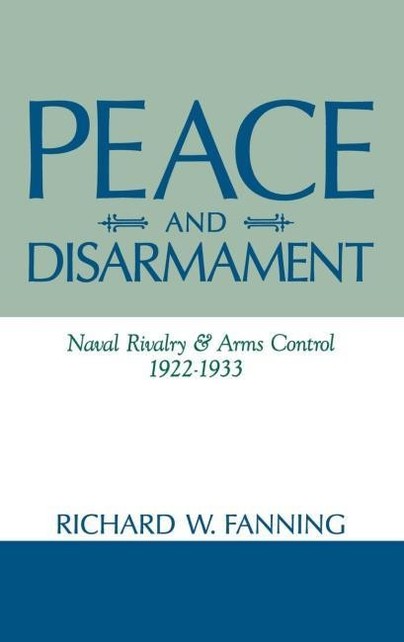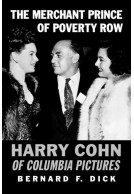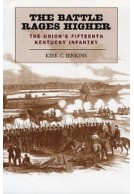Peace And Disarmament (Hardback)
Naval Rivalry and Arms Control, 1922-1933
Imprint: University Press of Kentucky
Pages: 248
Illustrations: illus
ISBN: 9780813118789
Published: 22nd December 1994
Script Academic & Professional
Pages: 248
Illustrations: illus
ISBN: 9780813118789
Published: 22nd December 1994
Script Academic & Professional
You'll be £32.00 closer to your next £10.00 credit when you purchase Peace And Disarmament. What's this?
+£4.99 UK Delivery or free UK delivery if order is over £40
(click here for international delivery rates)
Need a currency converter? Check XE.com for live rates
(click here for international delivery rates)
Need a currency converter? Check XE.com for live rates
Arms control remains a major international issue as the twentieth century closes, but it is hardly a new concern. The effort to limit military power has enjoyed recurring support since shortly after World War I, when the United States, Britain, and Japan sought naval arms control as a means to insure stability in the Far East, contain naval expenditure, and prevent another world cataclysm.
Richard Fanning examines the efforts of American, British, and Japanese leaders -- political, military, and social -- to reach agreement on naval limitation between 1922 and the mid-1930s, with focus on the years 1927-30, when political leaders, statesmen, naval officers, and various civilian pressure groups were especially active in considering naval limits. The civilian and even some military actors believed the Great War had been an aberration and that international stability would reign in the near future. But the coming of the Great Depression brought a dramatic drop in concern for disarmament.
This study, based on a wide variety of unpublished sources, compares the cultural underpinnings of the disarmament movement in the three countries, especially the effects of public opinion, through examination of the many peace groups that played an important role in the disarmament process. The decision to strive for arms control, he finds, usually resulted from peace group pressure and political expediency.
For anyone interested in naval history, this book illuminates the beginnings of the arms limitation effort and the growth of the peace movement.
Other titles in University Press of Kentucky...















